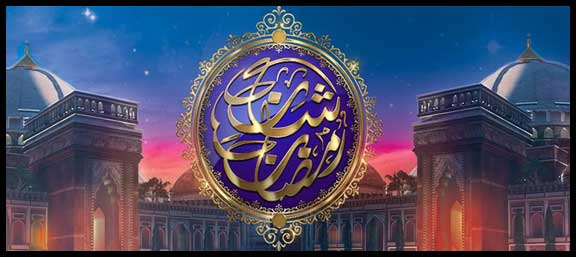
The Holy month of Ramadan
Ramadan is the ninth month of the Islamic lunar calendar which is usually 29 or 30 days long. This month has great significance with the sighting of moon. When the new moon is sighted, Ramadan begins from the sunset, but from the next dawn fasting starts as well.
The Significance of Ramadan and Fasting:
Allah says in the Quran:
‘O you who believe! Fasting is prescribed for you, even as it was prescribed for those before you, that you may attain God-consciousness. (2:183)
Accordingly, the month of Ramadan is called the Holy month or the month of the Quran; therefore, Muslims have tradition of reciting Quran frequently in this month.
“In the month of Ramadan, the Quran, a book of guidance with proofs of guidance distinguishing right from wrong, was revealed. Therefore, whoever of you is present in that month let him fast. But who is ill or on a journey shall fast a similar number of days later on. Allah desires your well-being, not your discomfort. He desires you to fast the whole month so that you may magnify Him and render thanks to Him for giving you His guidance.” 2:185
Fasting:
Fast begins from dawn and ends with sunset on the same day, during this period the believer is not allowed to eat or drink. Muslims rise before dawn, eat Sehr (pre-dawn meal) and drink liquids for the preparation of fast. Eating and drinking stops at dawn and during the day no eating, drinking or sexual activity is allowed. In addition, a Muslim must follow the moral code of Islam very strictly as it is one of the requirements of fasting.
Fasting in the month of Ramadan is one of the deeds of worship required of all Muslims who have attained puberty. Women who are having their special days or those who have not fully recovered from childbirth, postpone the fast until they are completely out of their special conditions. Those who are ill or are traveling may choose to postpone their fast and then later fulfill the missed days.
Muslims fast because Allah has commanded them to do so. However, they may also think about the benefits of fasting which may include developing control over hunger and thirst. This also leads to one’s training to be a good moral person and, testing sincerity to the Creator. During the fast, Muslims may conduct their life without the involvement of eating, drinking, or corrupt desires. However, in the Muslim countries working hours are shortened by a couple of hours a day and the hours are changed to make the work comfortable.
The fast is broken immediately after sunset, usually by eating dates and drinking water or juice. However, any lawful food or drink may be used to break the fast. This is followed by the Maghrib (after sunset prayer) which is followed by a complete meal. After a brief rest, Muslims go to the mosque to offer the Isha (night prayer).
For the special occasion of Ramadan special night prayers take place which are called Taraweeh.
ARY Digital has a special transmission for this holy month by the name of Shan-e-Ramazan and you can watch all the episodes here.
